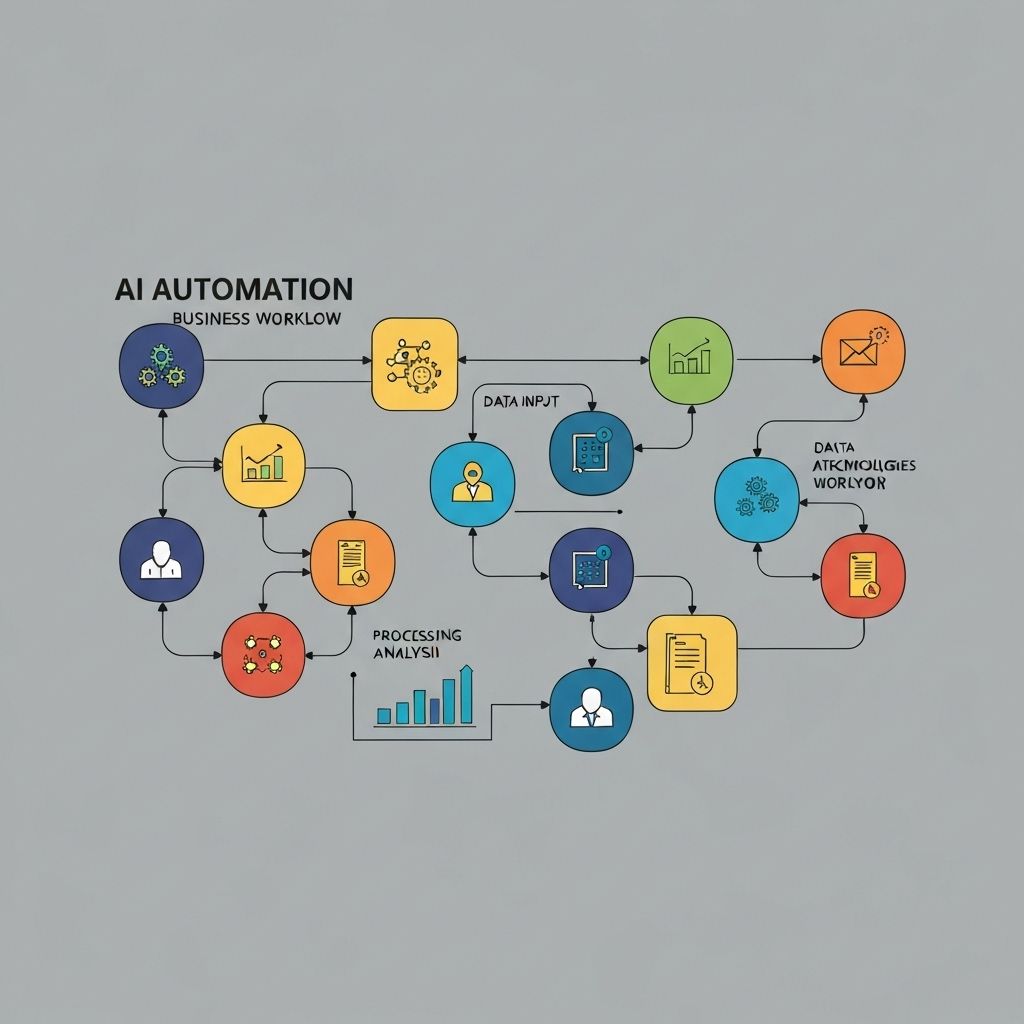
AI Automation: Transforming Business Operations in 2025
Artificial Intelligence is no longer a futuristic concept—it's actively reshaping business operations across every industry. As we navigate through 2025, AI automation has become the cornerstone of competitive advantage, driving efficiency and innovation at unprecedented scales.
The Current State of AI Automation
Today's AI systems are far more sophisticated than their predecessors. They can understand context, make complex decisions, and adapt to changing conditions without human intervention. This evolution has made AI automation accessible to businesses of all sizes, not just tech giants.
Key Areas of Transformation
Customer service has been revolutionized through intelligent chatbots and virtual assistants that can handle complex queries with human-like understanding. These systems are reducing response times by 80% while maintaining high satisfaction rates.
Supply chain management is being optimized through predictive analytics and automated decision-making systems. Companies are seeing 25-30% reductions in inventory costs while improving delivery times and customer satisfaction.
The Human-AI Collaboration Model
Rather than replacing human workers, successful AI implementations focus on augmenting human capabilities. This collaborative approach is creating new job categories while eliminating repetitive tasks, allowing employees to focus on creative and strategic work.
Implementation Strategies
Successful AI automation requires a strategic approach. Companies should start with pilot projects in specific departments, measure results carefully, and scale gradually. The key is to choose processes that are rule-based, data-rich, and have clear success metrics.
Challenges and Solutions
Data quality remains the biggest challenge in AI implementation. Organizations must invest in data governance and cleaning processes to ensure AI systems have reliable information to work with. Additionally, change management and employee training are crucial for successful adoption.
Looking Ahead
The future of AI automation lies in more sophisticated systems that can handle unstructured data, make ethical decisions, and adapt to new situations autonomously. Businesses that embrace this technology today will be best positioned for tomorrow's opportunities.
Share Article
Reading Time
10 min read